Hear from your favorite authors as they share writing prompts, strategies, and more.
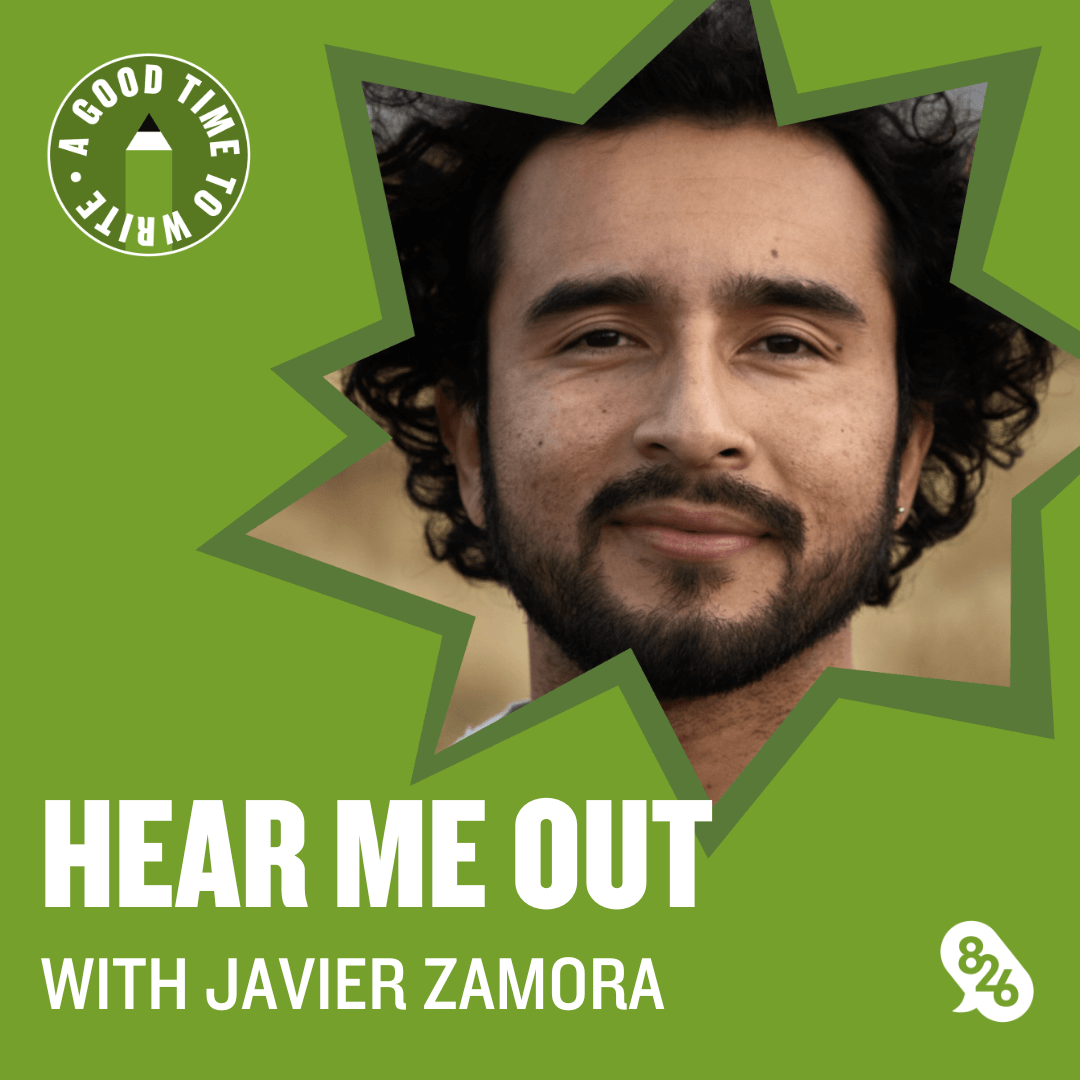
Author Javier Zamora invites you to raise your voice and write to the next Presi...

Presidential Inaugural Poet, activist, and bestselling author Amanda Gorman shar...

Midwest Youth Poet Laureate Ambassador, Charlotte Yeung, shares one of her favor...

Mac Barnett, a New York Times-bestselling author of stories for children, illust...
Learn how writing is essential in all types of careers—from journalists to TV show writers.
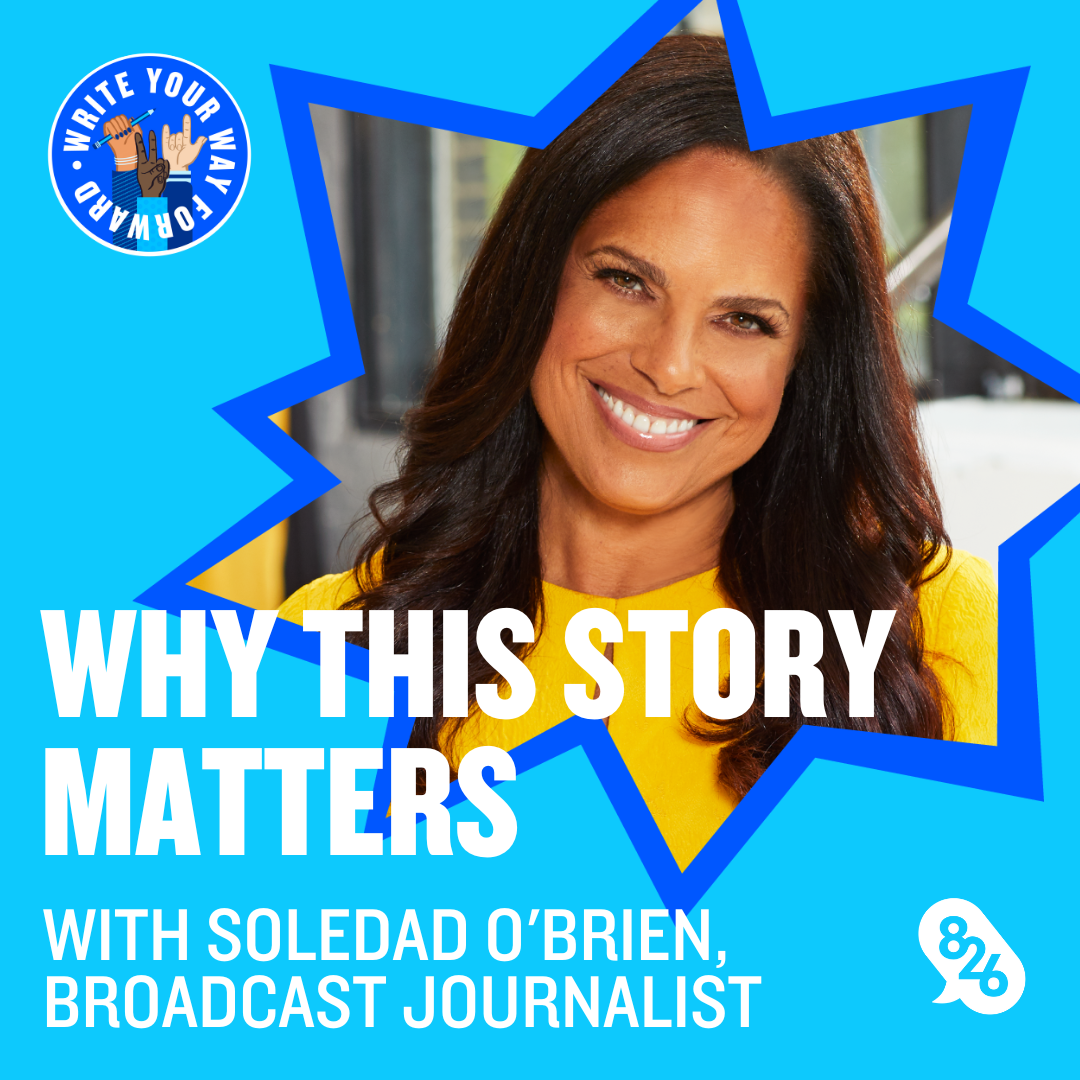
Award-winning documentarian and journalist,Soledad O'Brien, shares about why she...
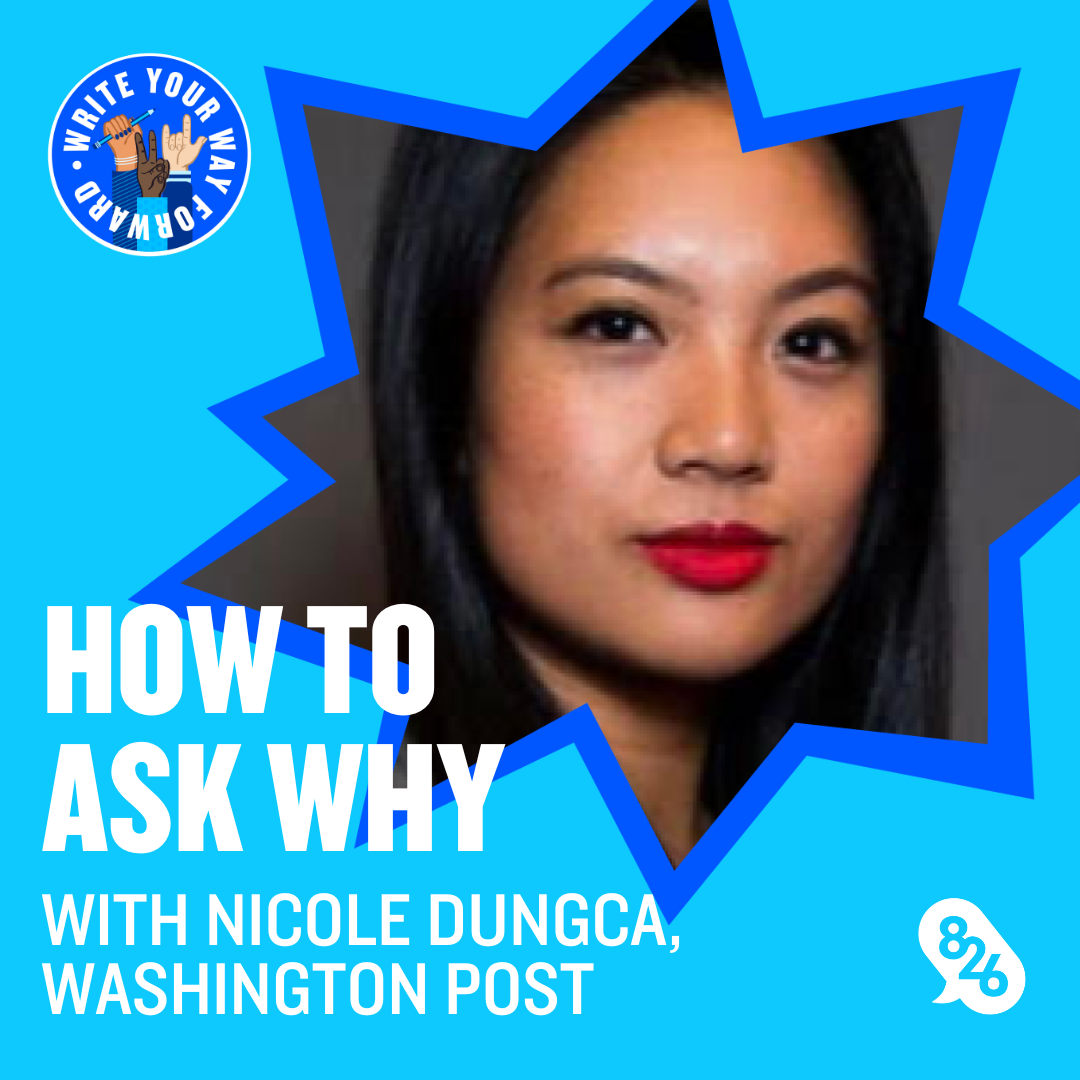
Nicole Dungca, Investigative Reporter at The Washington Post and President of th...

Radiologist Matthew Bucknor shares while it's important for students studying ST...
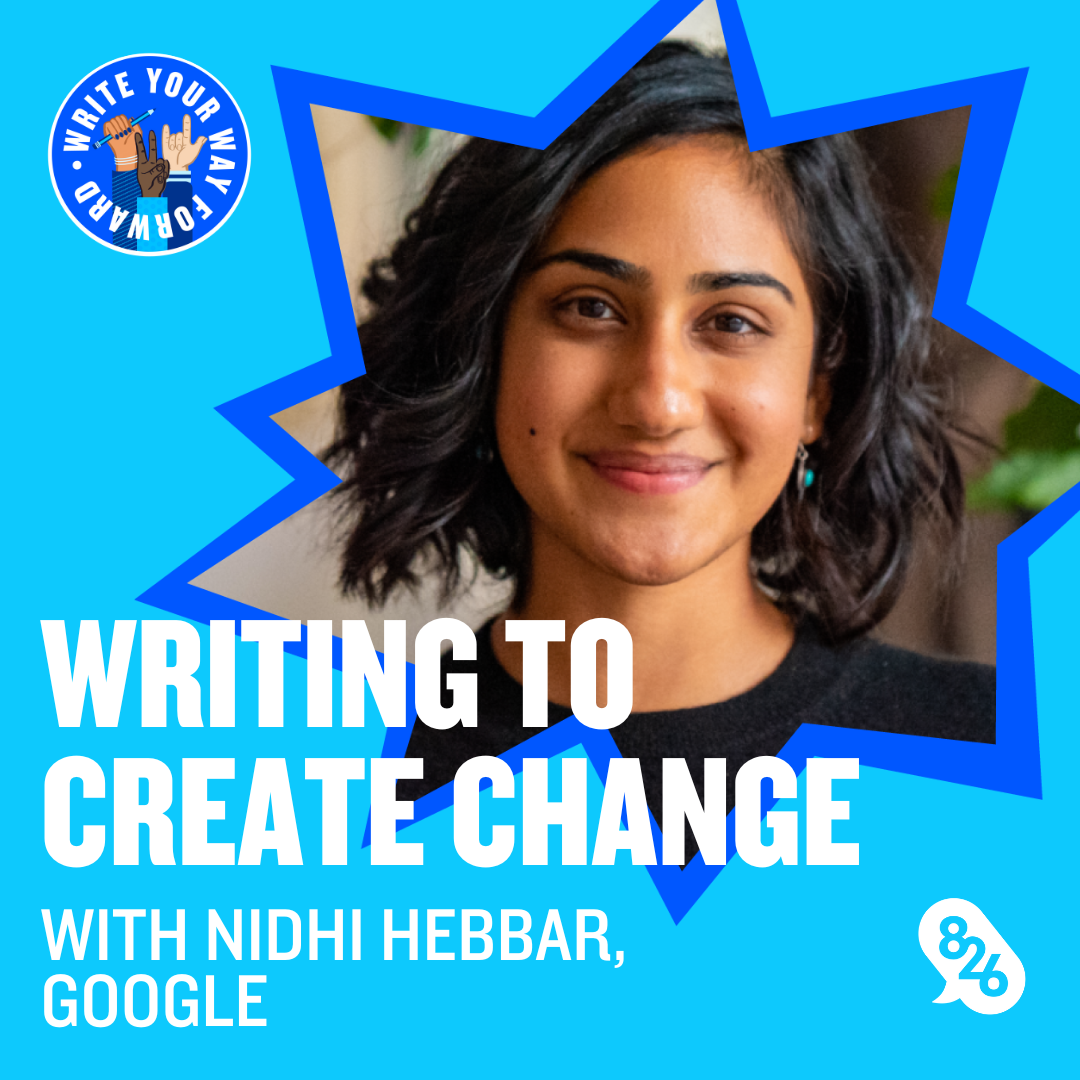
Misinformation Specialist with Google Nidhi Hebbar shares how you can use writin...
Check out writing prompts and favorite student writing from friends of 826.
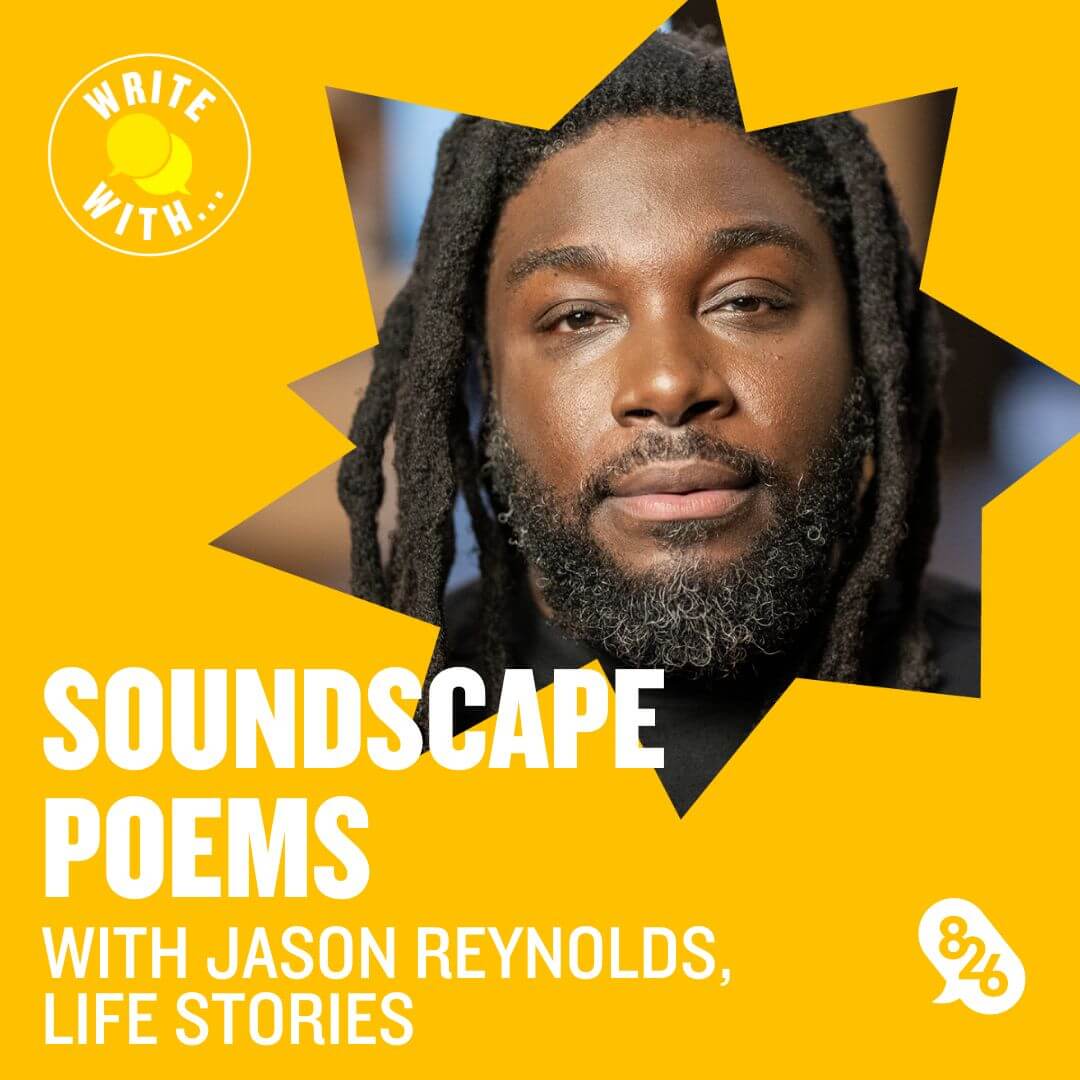
You will write a “soundscape” poem filled with familiar sounds of your neigh...
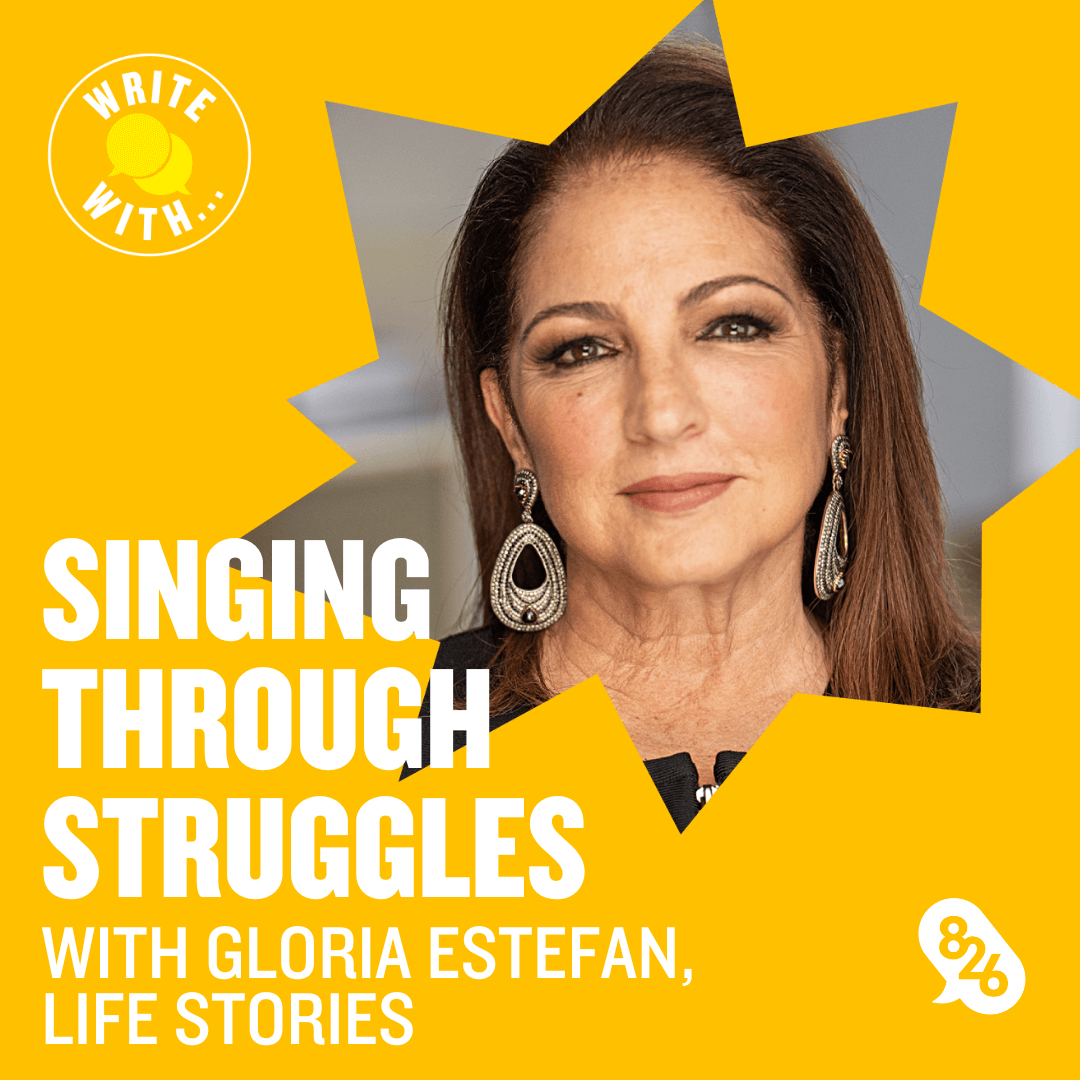
Songwriters are powerful storytellers. Their lyrics can connect us, uplift us, a...
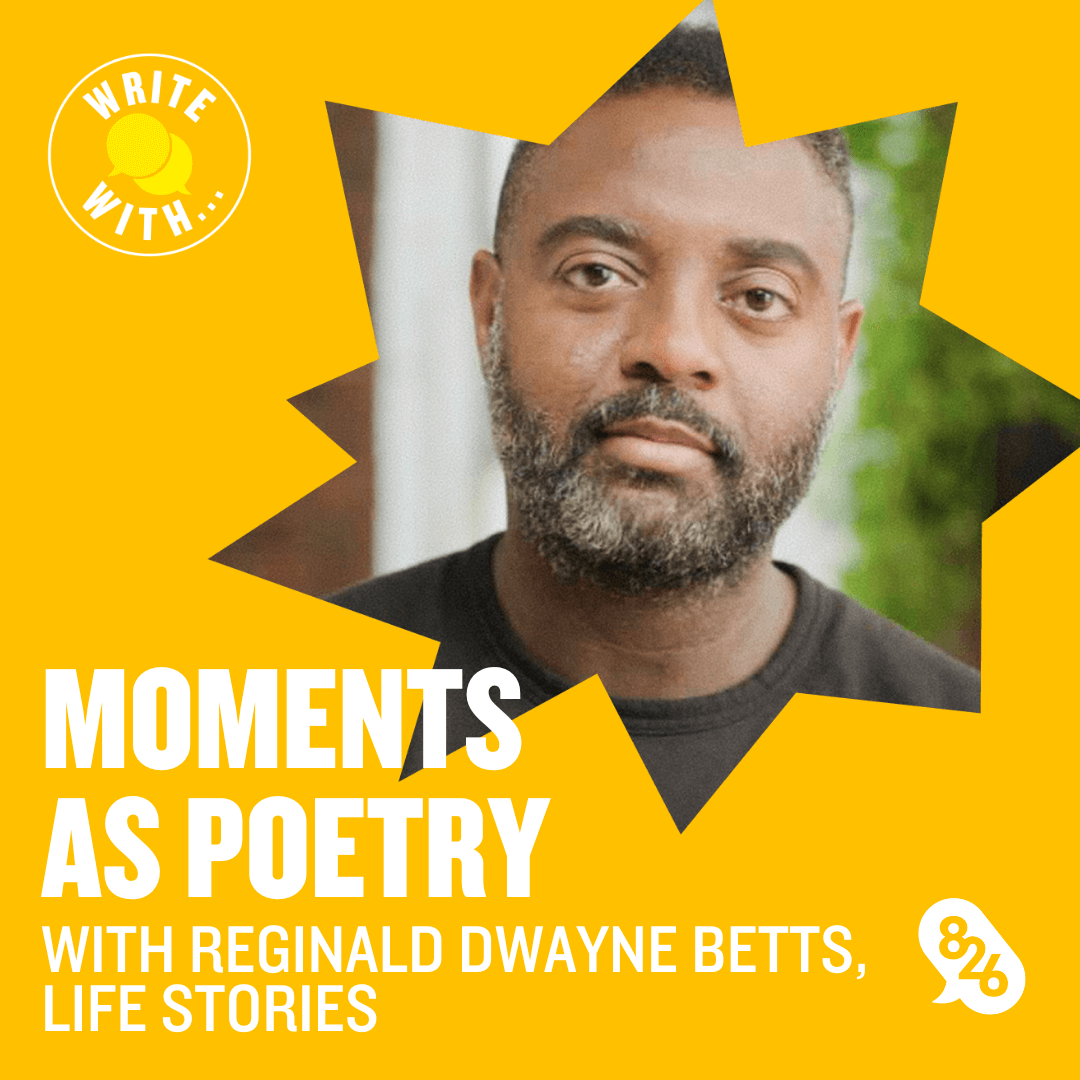
In this lesson, you will hear about the life and art of Reginald Dwayne Betts an...
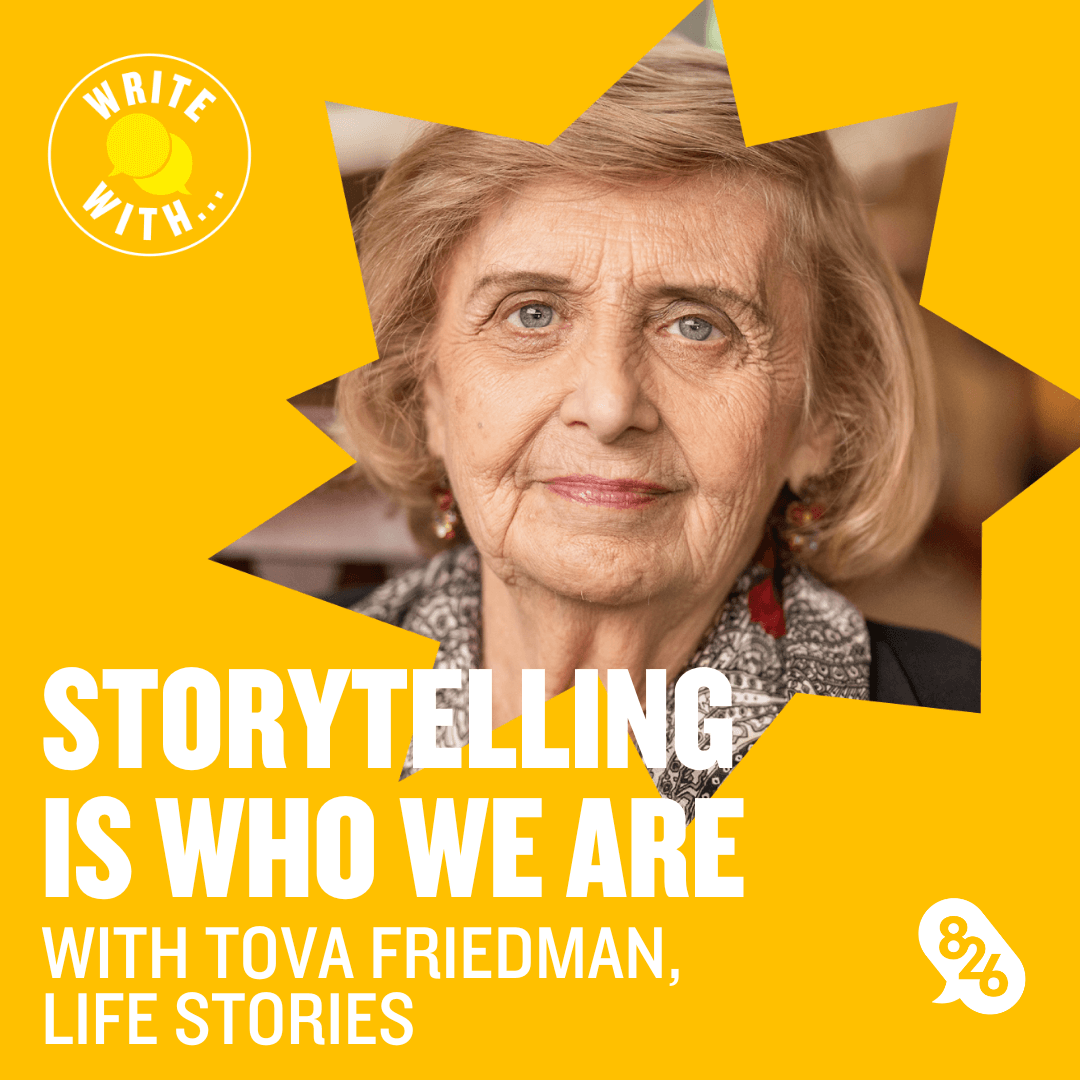
Stories can bridge our past to our future—but only if we build them. In this l...
See student authors from across the country and get inspired to write.
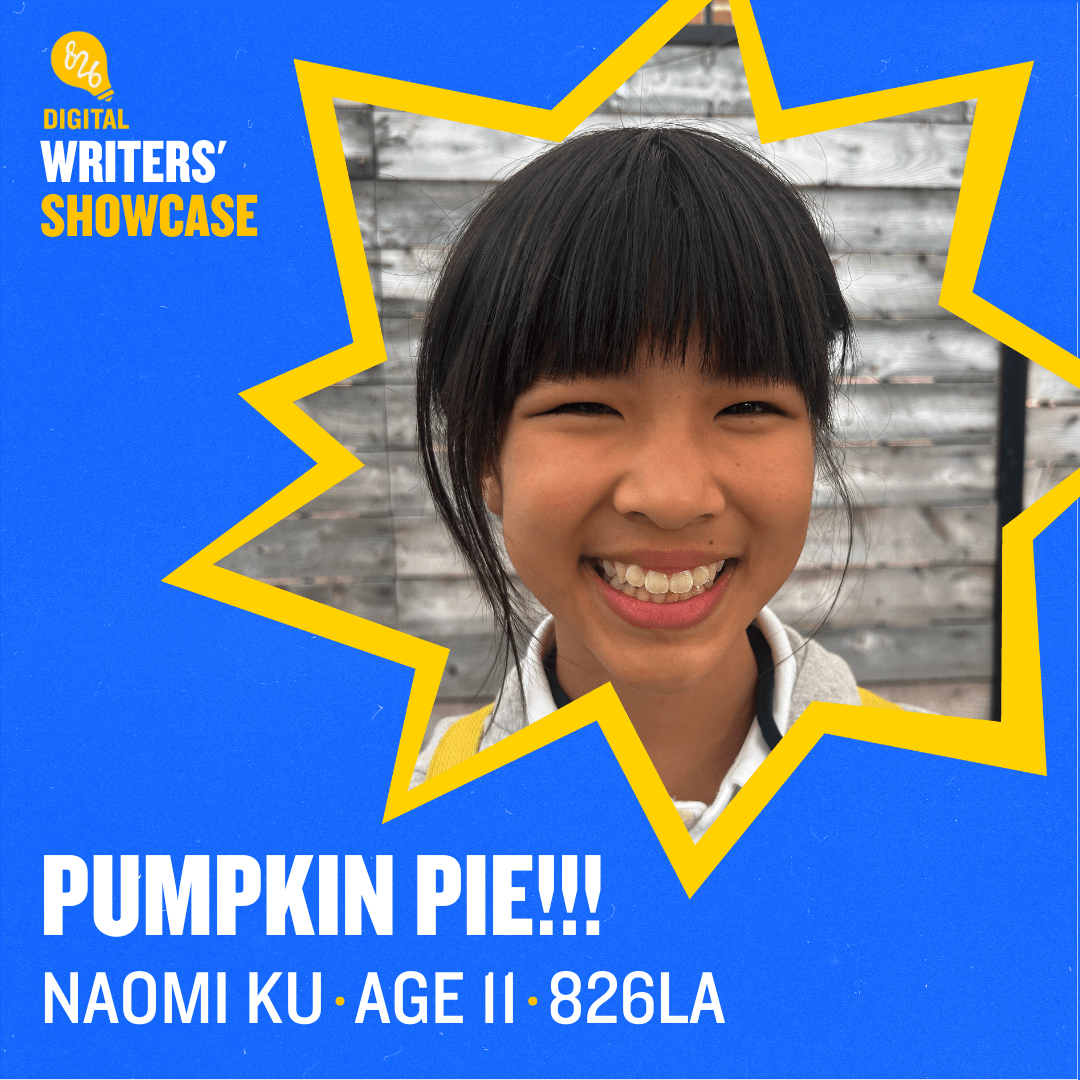
What is the story of your favorite food? In this lesson, you will use descriptiv...
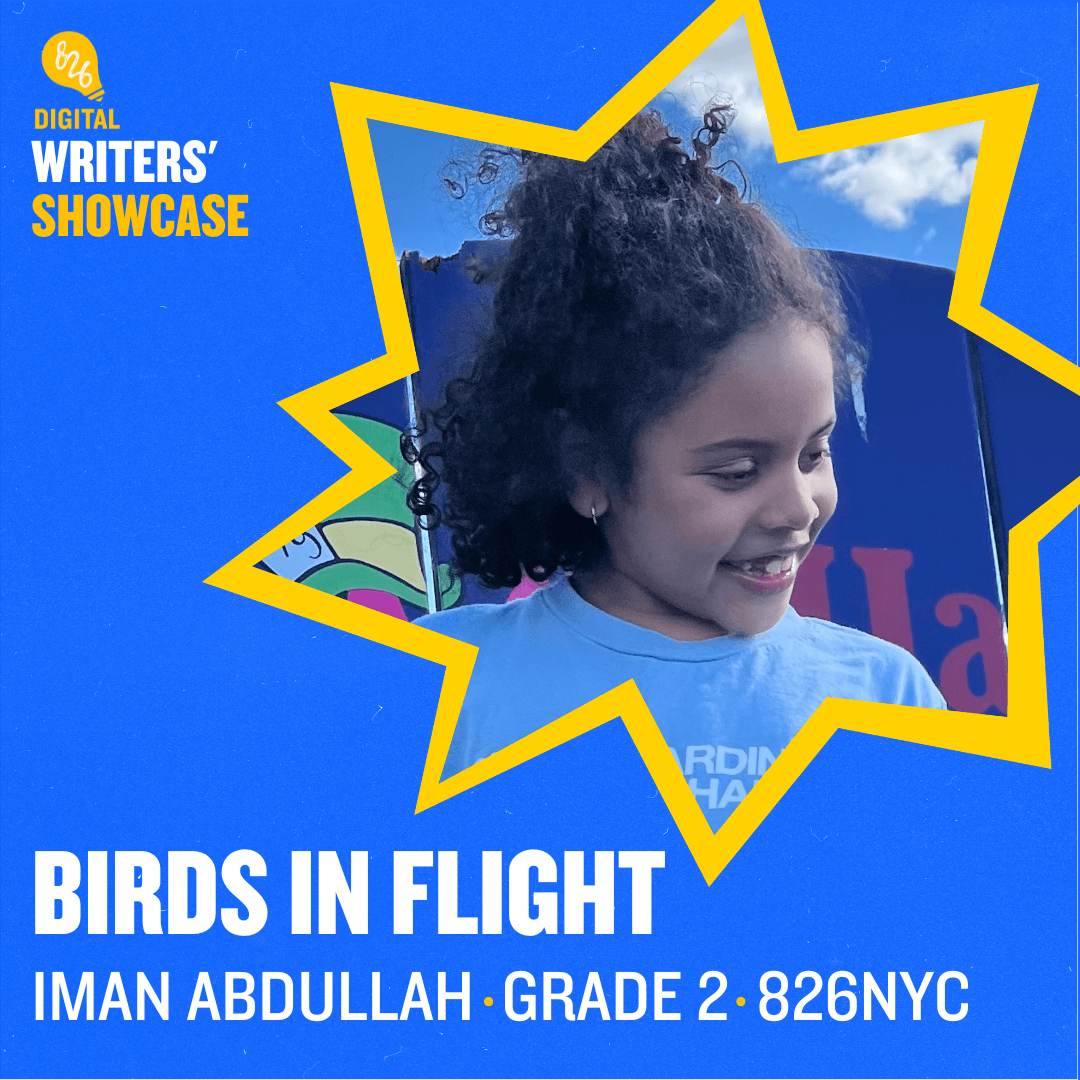
Have you ever thought about what you have in common with an animal? In this less...

Not all poems have to rhyme, but when they do, they generally use “rhyme schem...
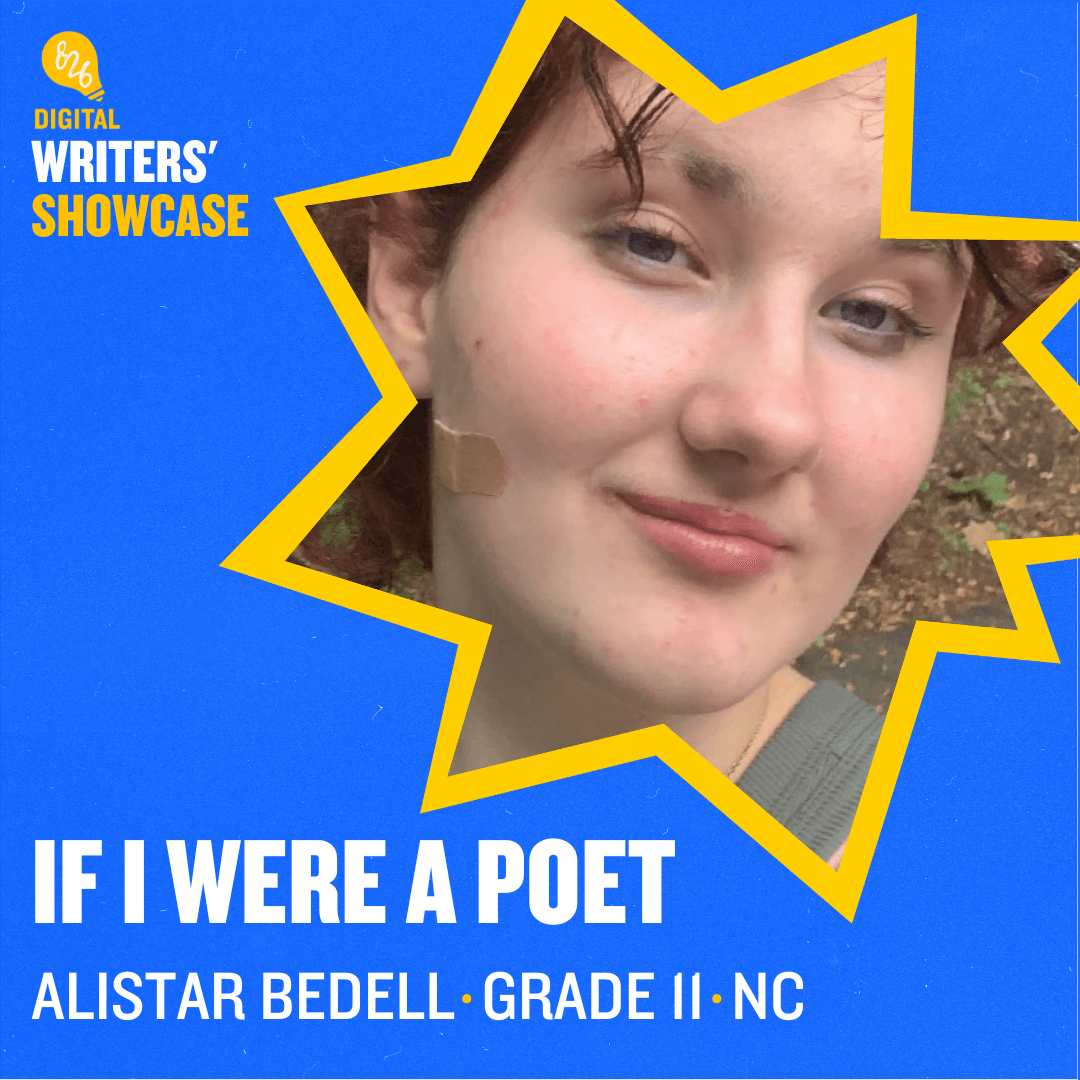
In this lesson, you will practice analyzing different types of a narrative techn...